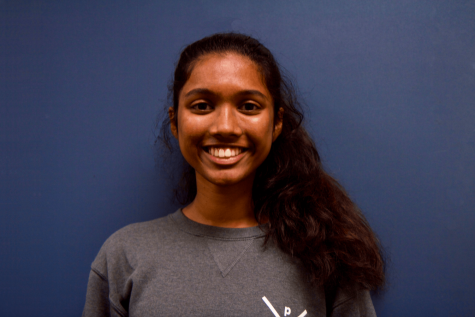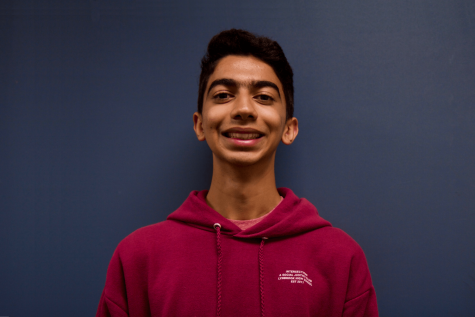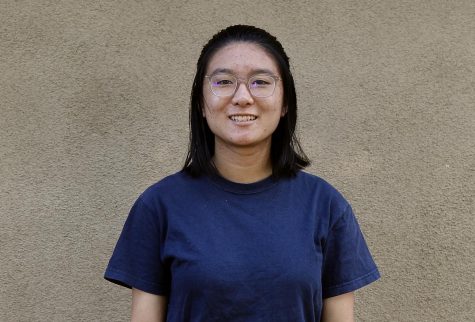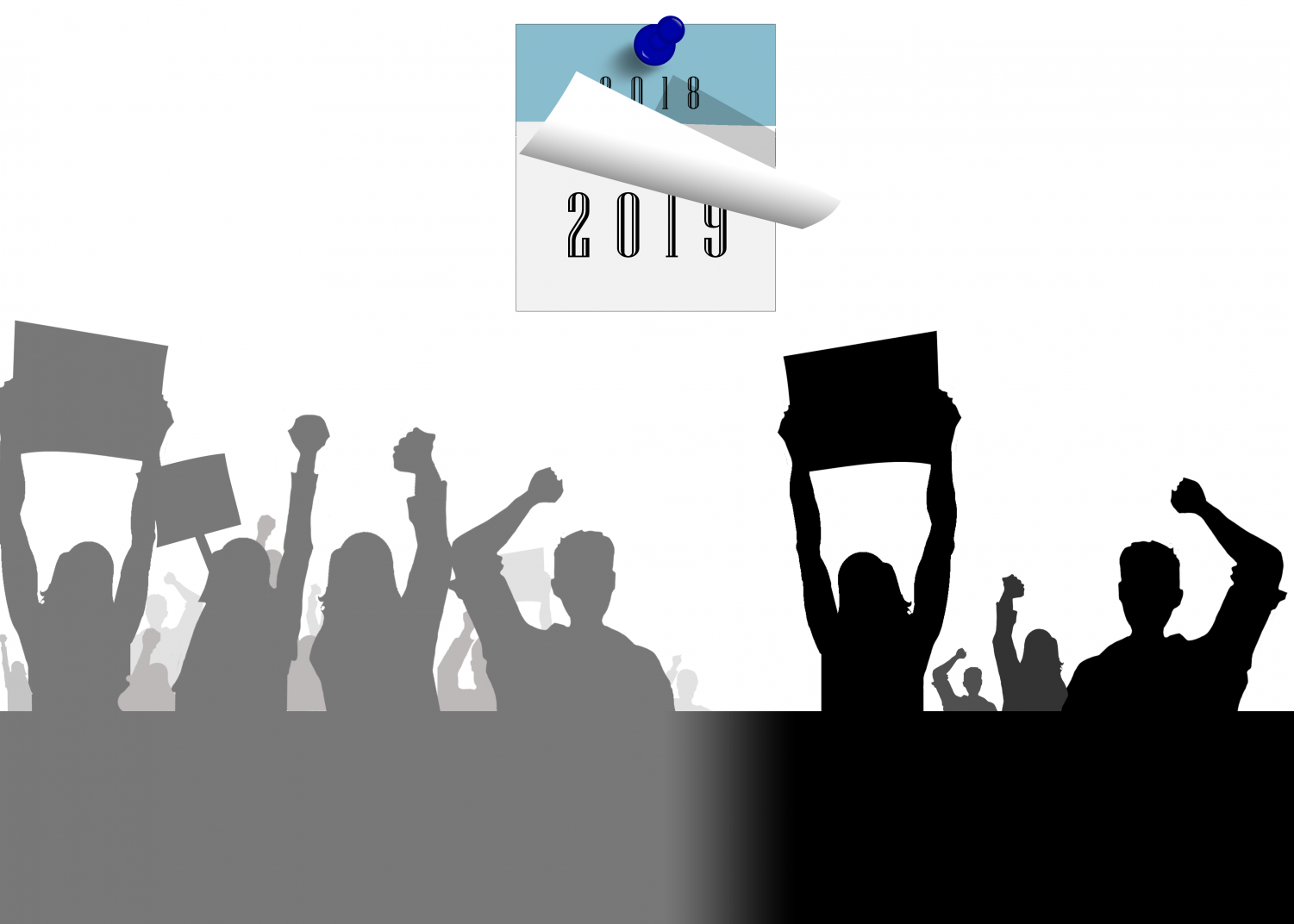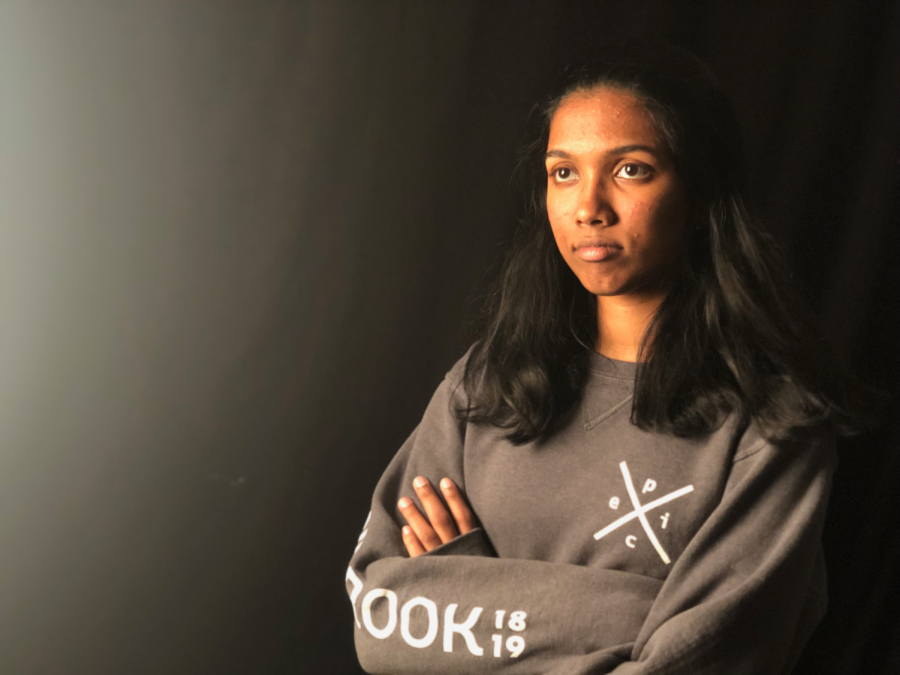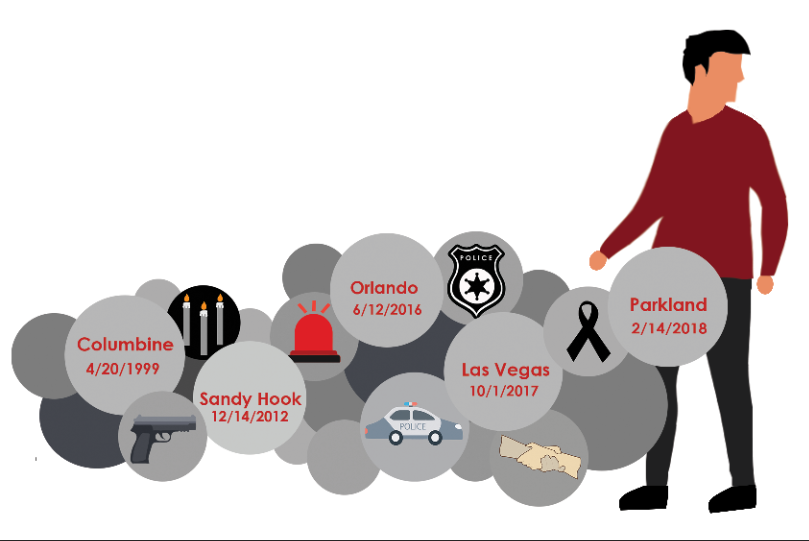On Feb. 14, 2018, one of the largest mass shootings in the country took place at Marjory Stoneman Douglas High School in Parkland, Florida. On March 14, students nationwide walked out of their classes to stand in solidarity with the teenagers who died. Immediately after the shooting, people’s outrage across the country inspired numerous protests, walkouts, marches and news stories. However, as time went on and the number of shootings have increased, people have lost interest in combating the problem of gun violence in the U.S.
More than 300 shootings took place in 2018, which means an instance of gun violence took place nearly every day of the year. In 2019, there have already been almost 100 shootings. As shootings continue to take place and the number of casualties grows, it is imperative that stories of these shootings are still held to the same level of importance as they were when people first started hearing about them. The media must continue to cover these events despite how frequent they may seem, and people must be aware of all shootings so that they can have an informed stance on gun control.
“Media coverage is really important because without it, the public doesn’t know what’s going on. [It’s important] because the public is voting for what they believe in,” said junior Maya Abiram, vice president of Lynbrook Model United Nations. “The public votes for their lawmakers, and the lawmakers create change.”
Though media coverage of shootings may be helpful in educating the public, it may also desensitize people to the severity of the situation. The constant exposure to violent media contributes to mass desensitization and gives the illusion that shootings and other tragedies have become the new norm. Portraying shootings as a regular occurrence takes away from the gravity of gun violence and results in people not caring as much about these acts of violence as they should.
“Even though [the media] gives us the names of the shooters and they give us the information, they focus so much on motive that people get a false sense of security,” said Margot Bennett, executive director of Women Against Gun Violence (WAGV), an organization that sheds light on gun violence and advocates for preventive measures. “They push that narrative, and people have become immune to the coverage because they keep hearing about motive, and they don’t think it will impact them.”
As the media continues to focus on the reasons behind acts of violence rather than the consequences and the damage shootings leave behind, people continue to brush off these acts of violence by separating themselves from the motives of past shooters and believing that they are therefore not in any danger. However, they should not be clinging onto that false sense of security, and simply adapting to the situation instead of working to improve it is a disservice to those affected by shootings. Despite how frequent acts of gun violence take place, an environment that perpetuates violence should never accepted as normal. Instead of dwelling on the death and destruction left in the wake of a shooting, people should focus on creating change and working toward building a better future where acts of violence are no longer commonplace. The value of having an educated, public working to fix the problem is more valuable than having a passive public with minimal knowledge on the situation that never takes action.
Media coverage is extremely influential in both educating people and encouraging them to express their thoughts on the subject. However, rather than focusing on the shooter’ motives or the number of injuries or deaths from a shooting, more emphasis should be placed on the victims. While they may be difficult to hear, listening to victims’ experiences would reveal the long-term consequences of gun-violence and how deeply it impacts the survivors. Simply reading about the number of injuries and deaths makes shootings more impersonal and people have a harder time empathizing and connecting with the people who have experienced it.
“The little coverage these recent shootings have received have been minimal and impersonal. They just state the facts, as if the lives of the people who were lost do not matter and they are merely statistics,” said junior Shubhra Dubey. “This kind of media coverage greatly affects how we process the news. After seeing so much violence, I have become less emotionally impacted when I hear that a 16-year-old boy was shot five times in the chest , or when I read about the 49 people who were shot on Easter Sunday in Chicago.”
Shedding light on the victims’ perspectives can encourage people to rise up to reduce the frequency of these shootings. When the Parkland shooting took place, it shook people to the core, and the immediate reaction was a call-to-action against gun violence that spread across the country. Groups such as March for Our Lives, Joyce Foundation and WAGV sprung up across the country, organizing walkouts, protests and marches to encourage lawmakers to pass legislation that would curb the number of shootings. However, the National Rifle Association’s heavy influence of the decisions taking place in the government discourages legislators from passing effective gun control laws. It is up to the people to protest against gun-violence rather than allowing the government to be influenced by a interest group that values profit over human lives.
“I’d like to see real background checks. I’d like there to be a national gun registry so that we know who has guns,” Bennett said. “Right now, after somebody passes a background check, the federal government has to destroy [that information]. [WAGV would] like to see a ban on assault weapons and a ban on high capacity magazines. California has a background check on ammunition, and I think that would really be helpful worldwide.”
It has almost been a year since the Parkland shooting, and the media buzz surrounding gun-violence has died down. Nevertheless, it is important to remember the issue still has not been resolved, which means the fight for change must continue. As the media focus on gun violence fades, people must continue to protest because gun-violence is still prevalent, and it is important to make sure it does not fade from the spotlight until it has been addressed. It is important to take action now rather than wait around for another, more deadly shooting to take place.
